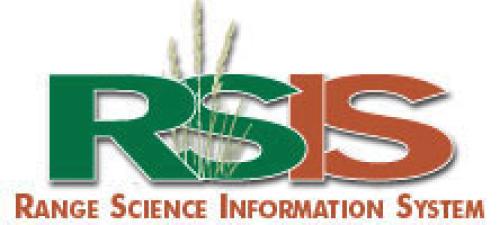Water quality was measured before and after improvements were made in two grazed pastures. An alternate water source was installed in a lightly grazed pasture, and an alternate water source, riparian fencing and plantings were installed in a heavily grazed pasture. The alternate water source did not significantly reduce the amount of pollutants entering the stream from the lightly grazed pasture. However, the management practices applied in the heavily grazed pasture decreased the soil bulk density and the amount of runoff, sediment, and pollutants entering the stream. In this study, installation of off-stream waters, fencing, and plants was required to reduce pollution from grazed pastures. This study suggests that more intense management is required throughout the watershed to reduce the high levels of pollution present at this larger scale.

Citations and enhanced abstracts for journals articles and documents focused on rangeland ecology and management. RSIS is a collaboration between Montana State University, University of Idaho, and University of Wyoming.